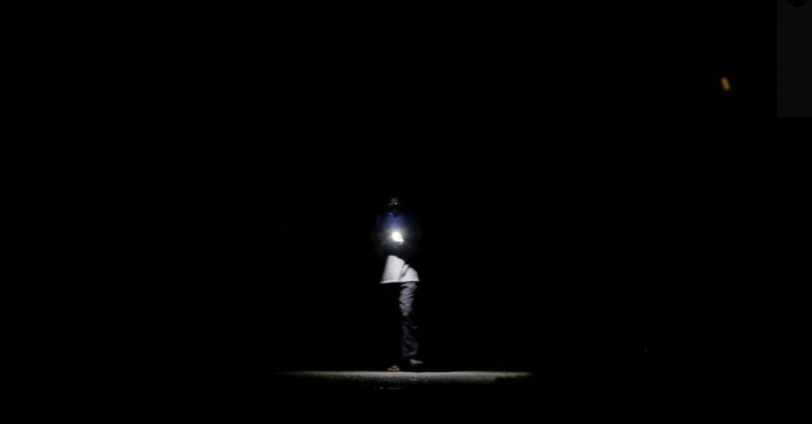Sri Lanka is turning off its street lights to save electricity, a minister said on Thursday, as its worst economic crisis in decades brought more power cuts and gloom to its main stock market, triggering a halt in trade as prices slid.
The island nation of 22 million people is struggling with rolling power cuts for up to 13 hours a day as the government is unable to make payments for fuel imports because of a lack of foreign exchange.
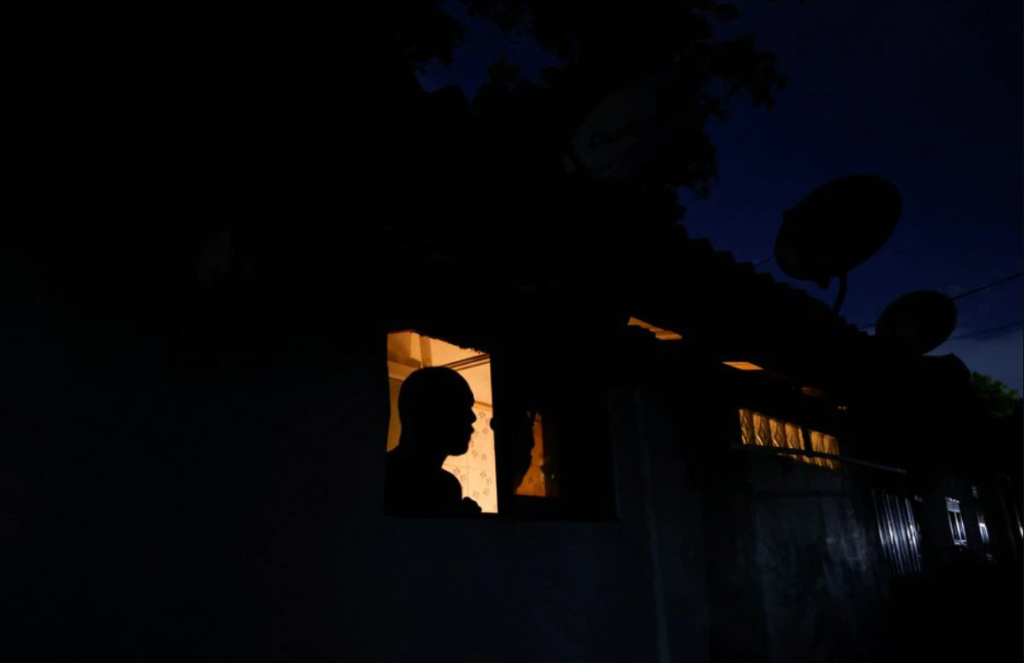
"We have already instructed officials to shut off street lights around the country to help conserve power," Power Minister Pavithra Wanniarachchi told reporters.
A diesel shipment under a $500 million credit line from neighbouring India is expected to arrive on Saturday, Wanniarachchi said, but she warned that the situation was not likely to improve any time soon.
"Once that arrives we will be able to reduce load-shedding hours but until we receive rains, probably some time in May, power cuts will have to continue," Wanniarachchi told reporters, referring to the rolling power cuts.
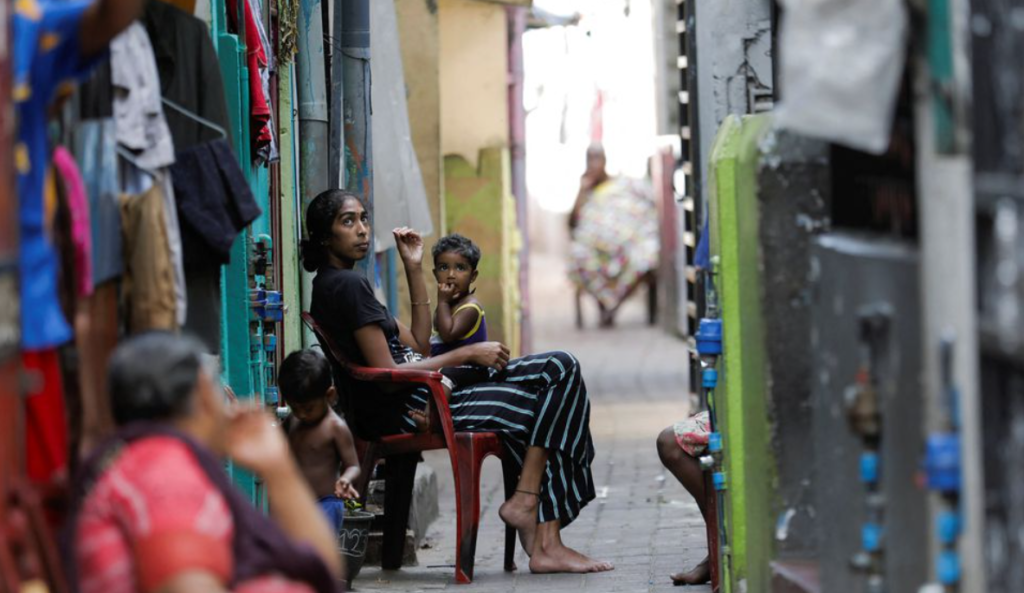
"There's nothing else we can do."
Water levels at reservoirs feeding hydro-electric projects had fallen to record lows, while demand had also hit record levels during the hot, dry season, she said.
'Driving the Drop'
The Colombo Stock Exchange (CSE) cut daily trading to two hours from the usual four-and-a-half because of the power cuts for the rest of this week at the request of brokers, the bourse said in a statement.
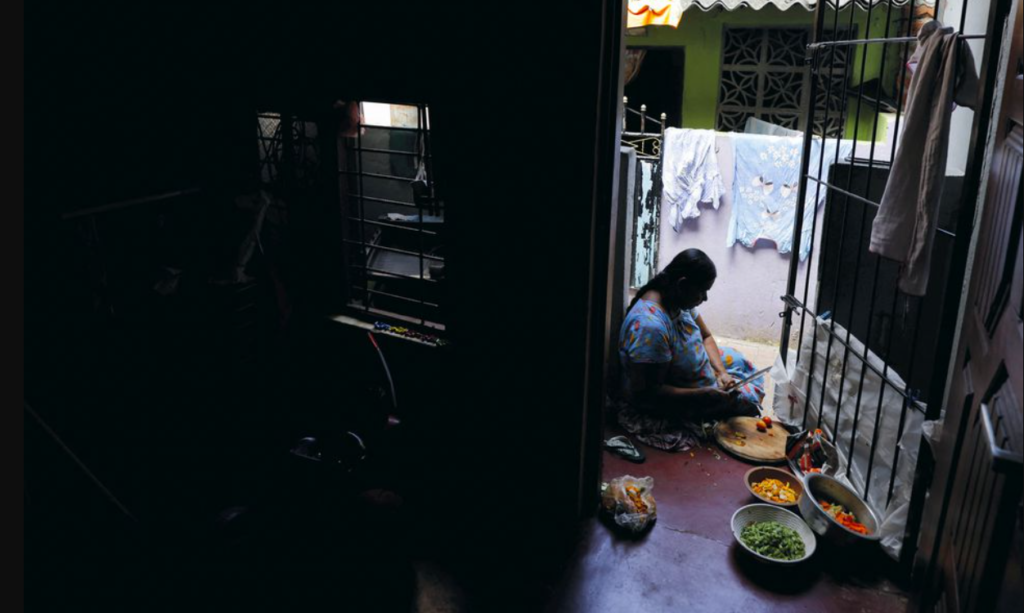
But shares slid after the market opened on Thursday and the CSE halted trading for 30 minutes - the third suspension in two days - after an index tracking leading companies dropped by more than 5%.
"Concerns on the macro side, together with news of shorter trading hours plus increased power cuts is driving negative sentiment," said Roshini Gamage, an analyst at brokerage firm Lanka Securities.
"Overall weak sentiment is driving the drop," Gamage said.
The CSE halted trading twice on Wednesday as worries deepened over the economy and the power cuts.
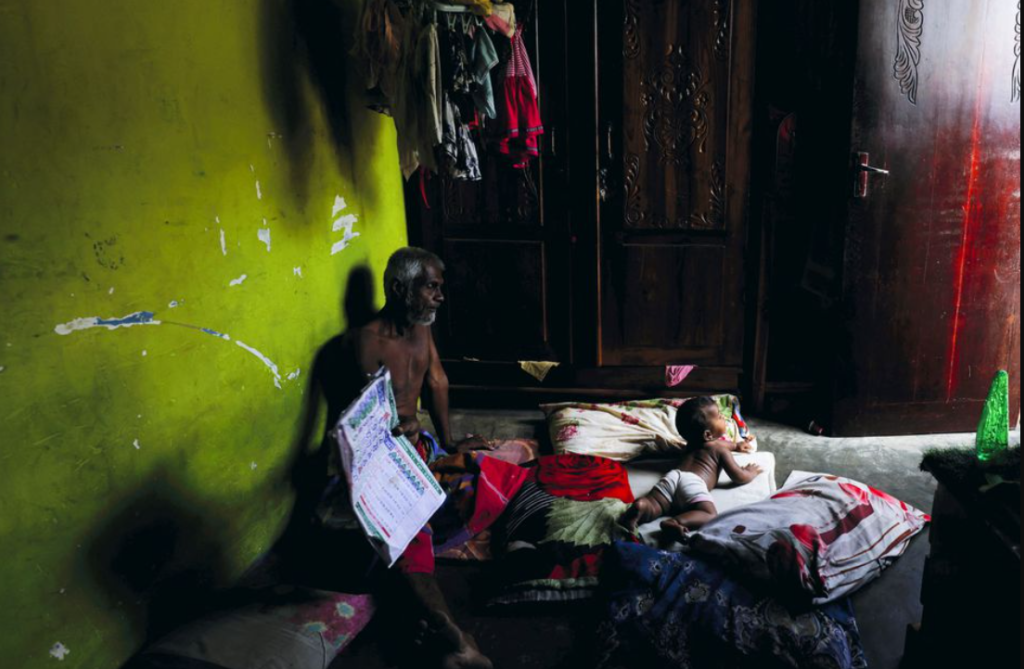
The crisis is a result of badly timed tax cuts and the impact of the coronavirus pandemic coupled with historically weak government finances, leading to foreign exchange reserves dropping by 70% in the last two years.
Sri Lanka was left with reserves of $2.31 billion as of February, forcing the government to seek help from the International Monetary Fund and other countries, including India and China.
Latest Stories
-
Kennedy Agyapong vows to replicate ‘Asian Miracle’ to transform Ghana
29 minutes -
Ngleshie Amanfro police demand logistics, personnel to combat rising robbery menace
39 minutes -
Photos: #StopGalamseyNow protest enters day two
60 minutes -
ASEC condemns ECG’s proposed 225% tariff hike as outrageous and unjustified
1 hour -
Removed CJ: Sekou Nkrumah alleges NDC’s agenda behind her ouster
2 hours -
TikTok algorithm to be retrained on US user data under Trump deal
2 hours -
Galamsey: Sekou Nkrumah urges gov’t to declare state of emergency
2 hours -
Develop interest in law to know your basic right – Justice Dzamefe urges
2 hours -
Power Victory Chapel rebrands as Impact City Church after 20 years of ministry
2 hours -
I can’t be like my father, but I can be honest about him – Sekou Nkrumah
3 hours -
Security man murdered in Wa
3 hours -
Part II: The big find in Savannah region: was Akamade a hub for Islamic studies?
3 hours -
GTEC sanctions UCC after Vice Chancellor defies retirement directive
3 hours -
Prince Kudufia & Mary Sunday crowned champions of 2025 Osagyefo Criterium
3 hours -
Ghana joins UN fight to protect humanitarian workers in conflict zones
4 hours

